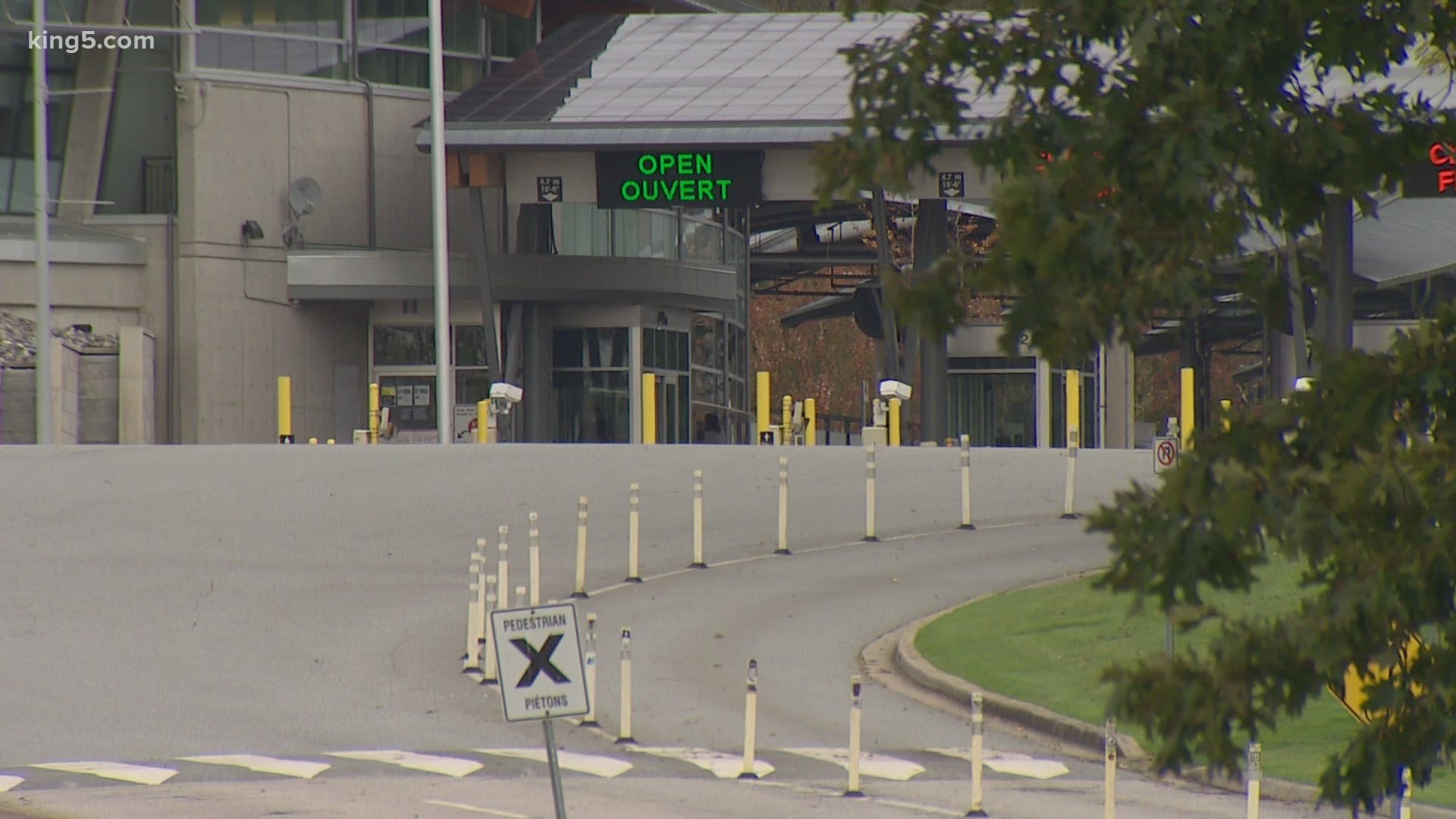Canada has extended its border restrictions for non-essential travel through Nov. 21.
Canadian Minister of Public Safety and Emergency Preparedness Bill Blair confirmed the extension on Twitter on Monday.
“Our decisions will continue to be based on the best public health advice available to keep Canadians safe,” Blair tweeted.
The land border restrictions aimed at controlling the coronavirus pandemic were first announced in March and have been renewed monthly.
Blair’s announcement came less than a week after Canadian Prime Minister Justin Trudeau said the border will remain closed until the U.S. gets a handle on coronavirus amid rising cases.
Between Oct. 10-17, the U.S. saw 55,232 new coronavirus cases, according to the Centers for Disease Control and Prevention. The U.S. case rate has continued to climb since mid-September.
Under Canada’s border restrictions, essential cross-border workers like health care professionals, airline crews and truck drivers are still permitted to cross. Much of Canada’s food supply comes from or via the U.S.
Earlier this month, Canada loosened its restrictions to allow immediate or extended family members of Canadian citizens or permanent residents, and some foreign nationals to enter the country.
However, Canada has started cracking down on Americans who flout the border rules by using the “Alaska Loophole.” Canadian law mandates travelers to and from Alaska do so in four days, wear masks and have no contact with people outside their party. Eating should be limited to drive-thru windows.
Some have been using that as a way to take side trips. At least six Americans have been busted in British Columbia and fined up to $1,000.

